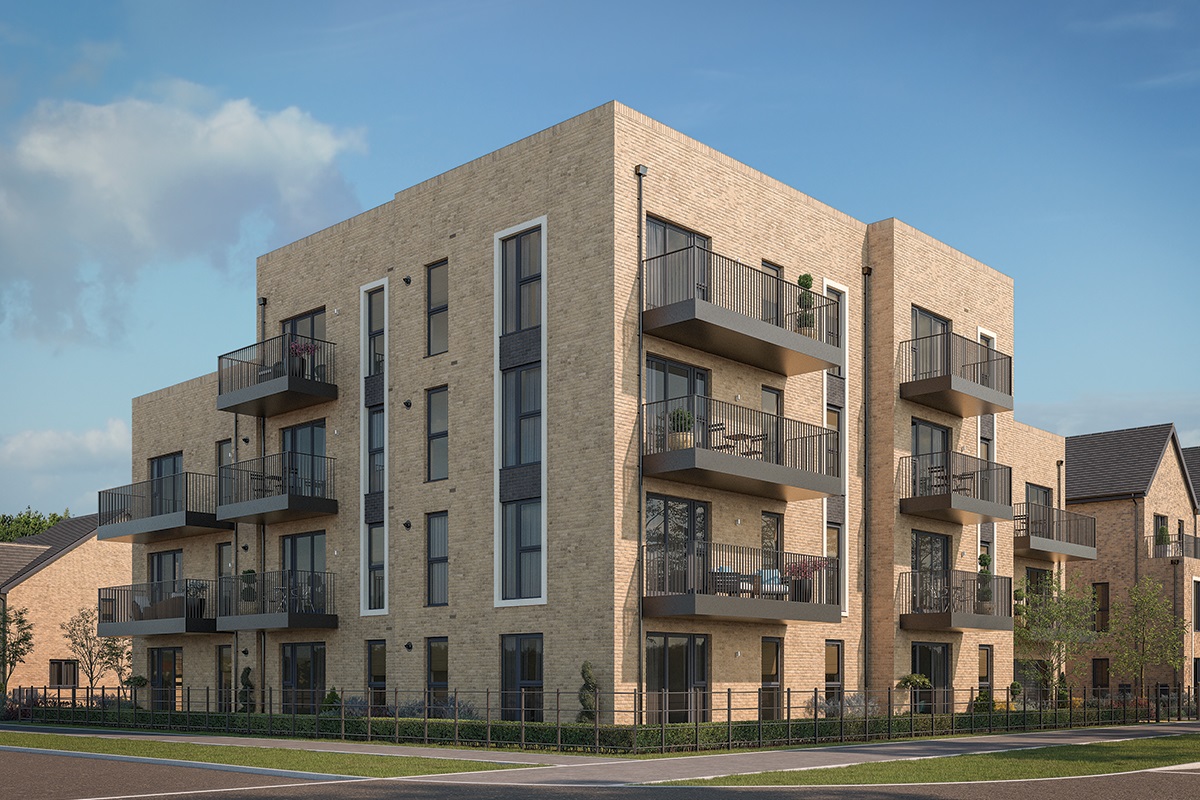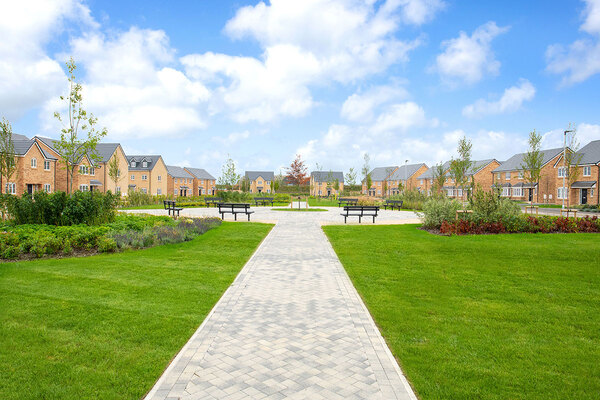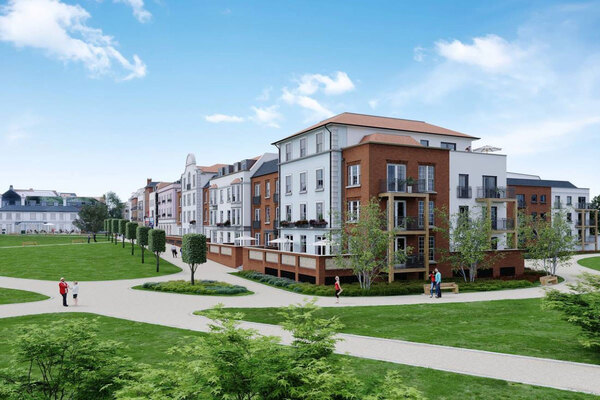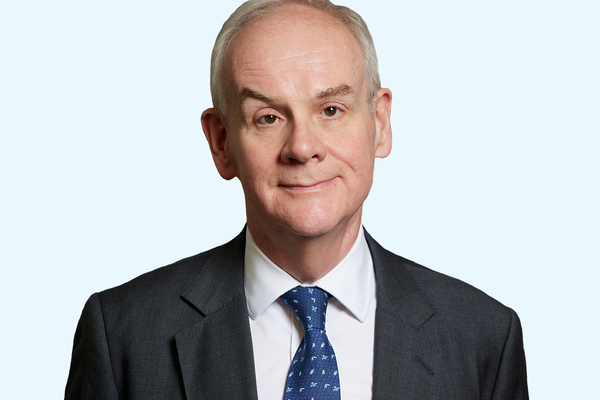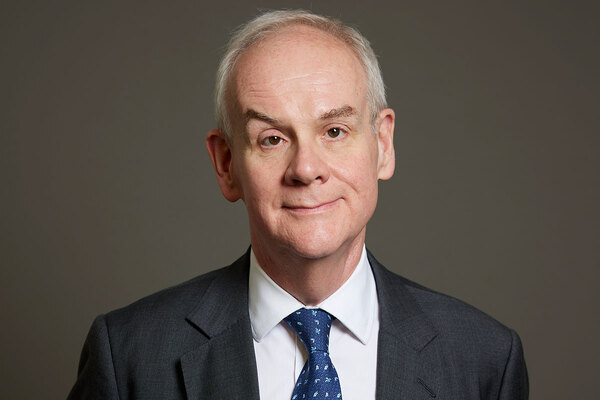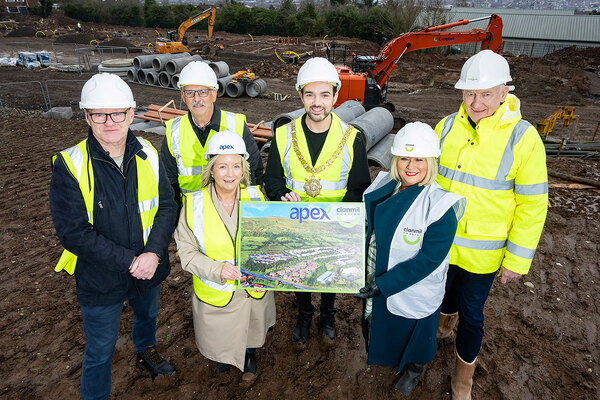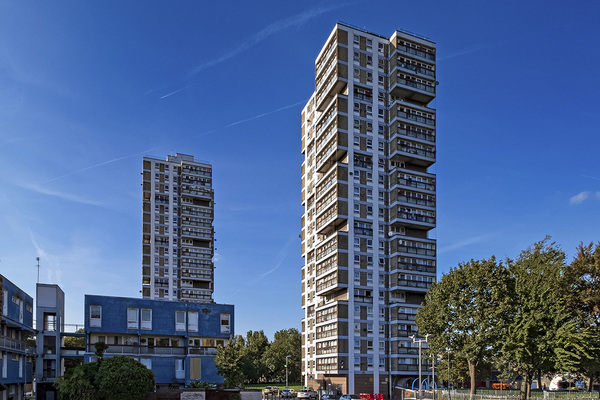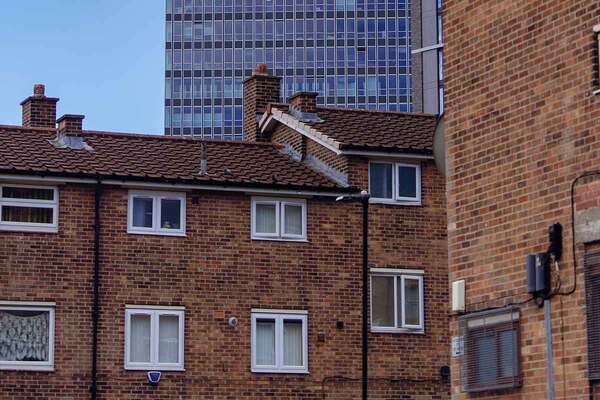You are viewing 1 of your 1 free articles
Crest Nicholson’s earnings before tax fall by 722% after remediation charge hits
House builder Crest Nicholson has reported a loss before tax of £143.7m, down from a profit of £23.1m in 2023.
This huge swing in its results for the year to 31 October 2024 came as it revealed a total fire remediation provision at the end of 2024 of £249.3m, compared to £145.2m at the 2024 half year.
Within the financial year, Crest booked a pre-tax exceptional charge of £166.1m, which includes costs of £131.7m related to additional fire remediation provision.
It managed to recover £4.4m of this charge from third parties due to defective design and workmanship.
The total remediation provision covers all known 291 buildings within the scope of the Developer Remediation Contract, Crest said.
The contract commits developers to paying for “life safety” remediation work on blocks they built that are above 11 metres in height, regardless of whether or not they still own them.
The £166.1m charge also included £25m in costs relating to building defects discovered on sites completed before 2019 and £1.6m in aborted transaction costs following Bellway’s failed takeover bid.
All expected future costs have now been provided for in the £249.3m provision, including non-surveyed buildings, Crest said.
The provision covers work that will be carried out as part of a plan to accelerate remediation, which requires developers to complete all assessments of in-scope buildings by July 2025 and start work on all affected buildings by July 2027.
Crest postponed its annual accounts in January as it reviewed the remediation bill for hundreds of buildings.
Martyn Clark, chief executive at Crest, said: “We now have greater clarity relating to legacy issues with necessary provisions in place, notably via our updated fire remediation provision which includes all buildings known to be in scope.”
The remediation programme is expected to be completed during 2029.
Crest’s revenue dipped just 6% to £618.2m during 2023-24, while its operating margin fell from 4.5% to -20.8%.
The firm also flagged extra costs associated with “legacy sites” such as Brightwells Yard in Farnham, Surrey, which reached practical build completion in 2024 – more than two decades after the original contract was won in 2003.
Overall, Crest achieved 1,873 completions, of which 1,047 were open market units, 495 units were affordable and 331 bulk completions. This marked a 7.3% decrease in completions year on year.
Mr Clark said the results were “in line” with guidance issued at the start of his tenure, with the firm ending the year “with better-than-expected net debt”.
“Nevertheless, this has been a very tough and disappointing year for the business,” he said.
Mr Clark joined the house builder from Persimmon, after former chief executive Peter Truscott retired.
“Since I joined in June, we have worked with renewed vigour to make significant operational progress, revitalising our sales process, improving governance, upgrading management information to allow for better decision-making, and enhancing operational rigour and cost control,” Mr Clark said.
After carrying out a review of the business, he said he had developed a strategy to maximise the market opportunity and seek “sustainable growth with an appropriately scaled cost base that will enhance profitability and consistent shareholder value creation”.
He added that he was “cautiously optimistic about the year ahead” based on “pent-up demand” from customers and positive early indicators on enquiries and sales rates.
“We remain mindful of macroeconomic uncertainty and the pace of interest rate reductions and the impact this may have on 2025 profitability, which remains below long-term averages,” he noted.
Last month, rival Persimmon reported a £160m decrease in net cash in its latest trading update, down from £420m in 2023.
Sign up for our development and finance newsletter
Already have an account? Click here to manage your newsletters
